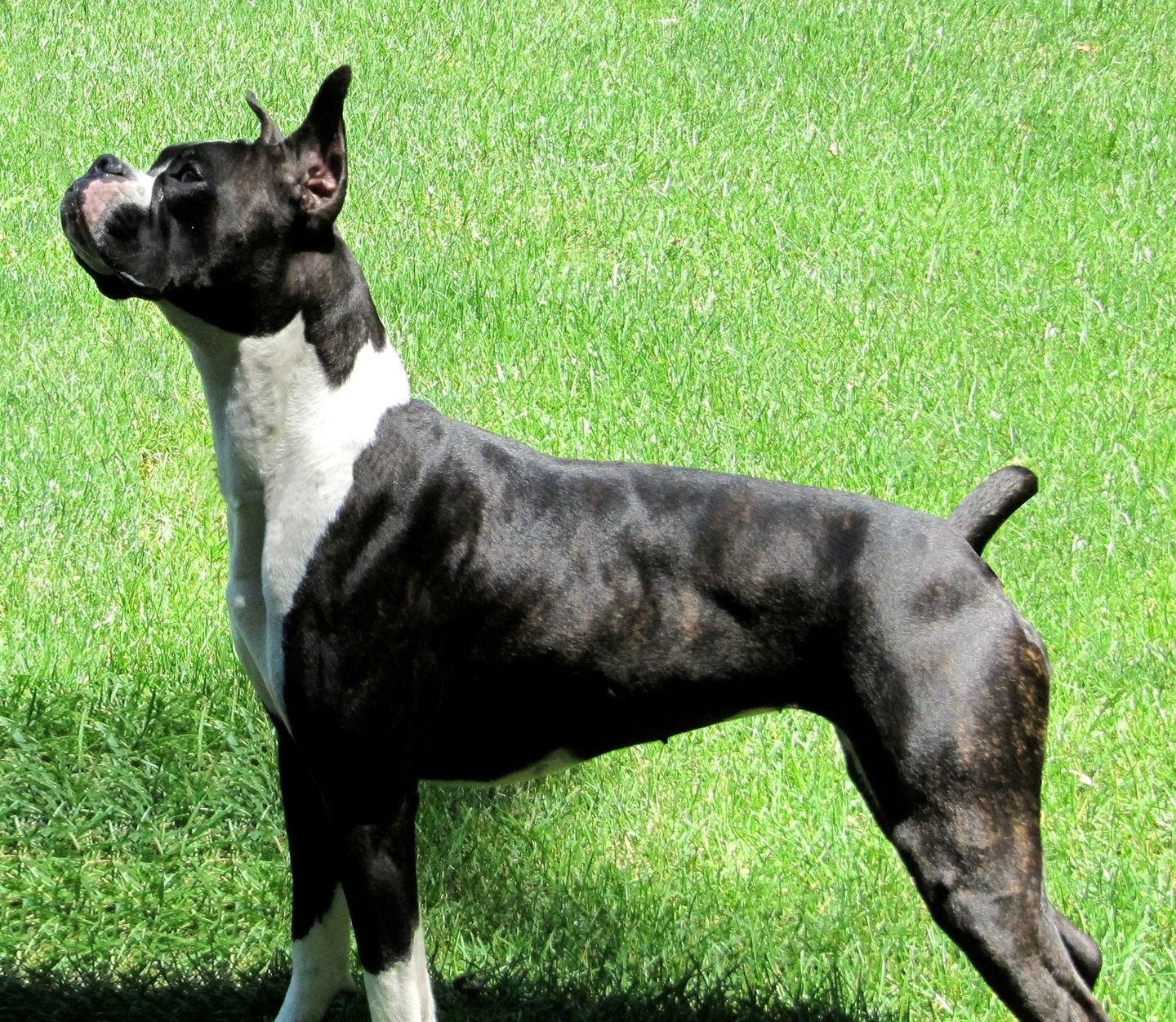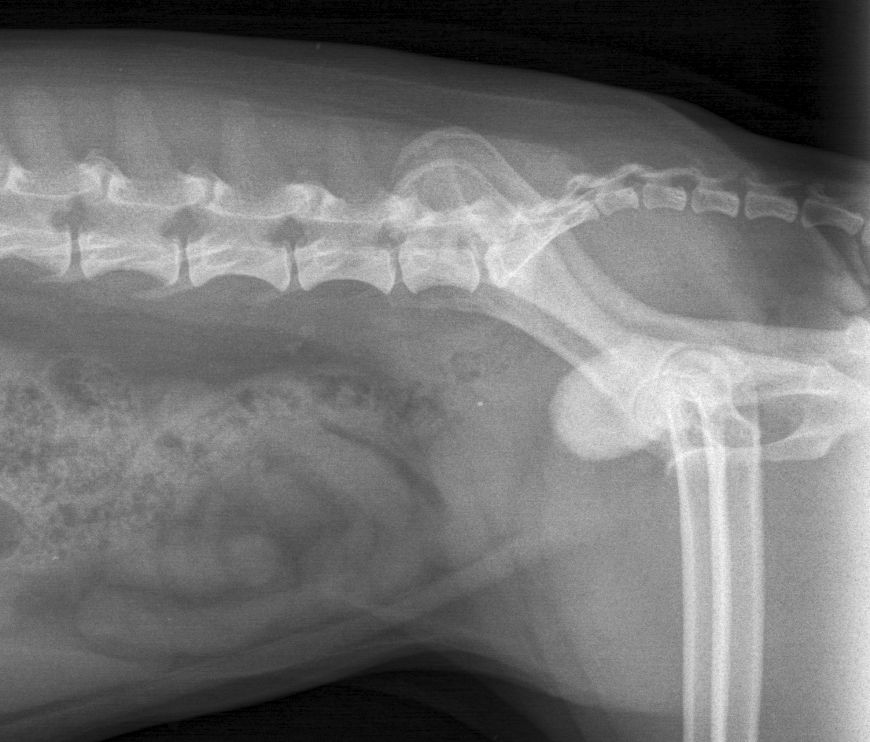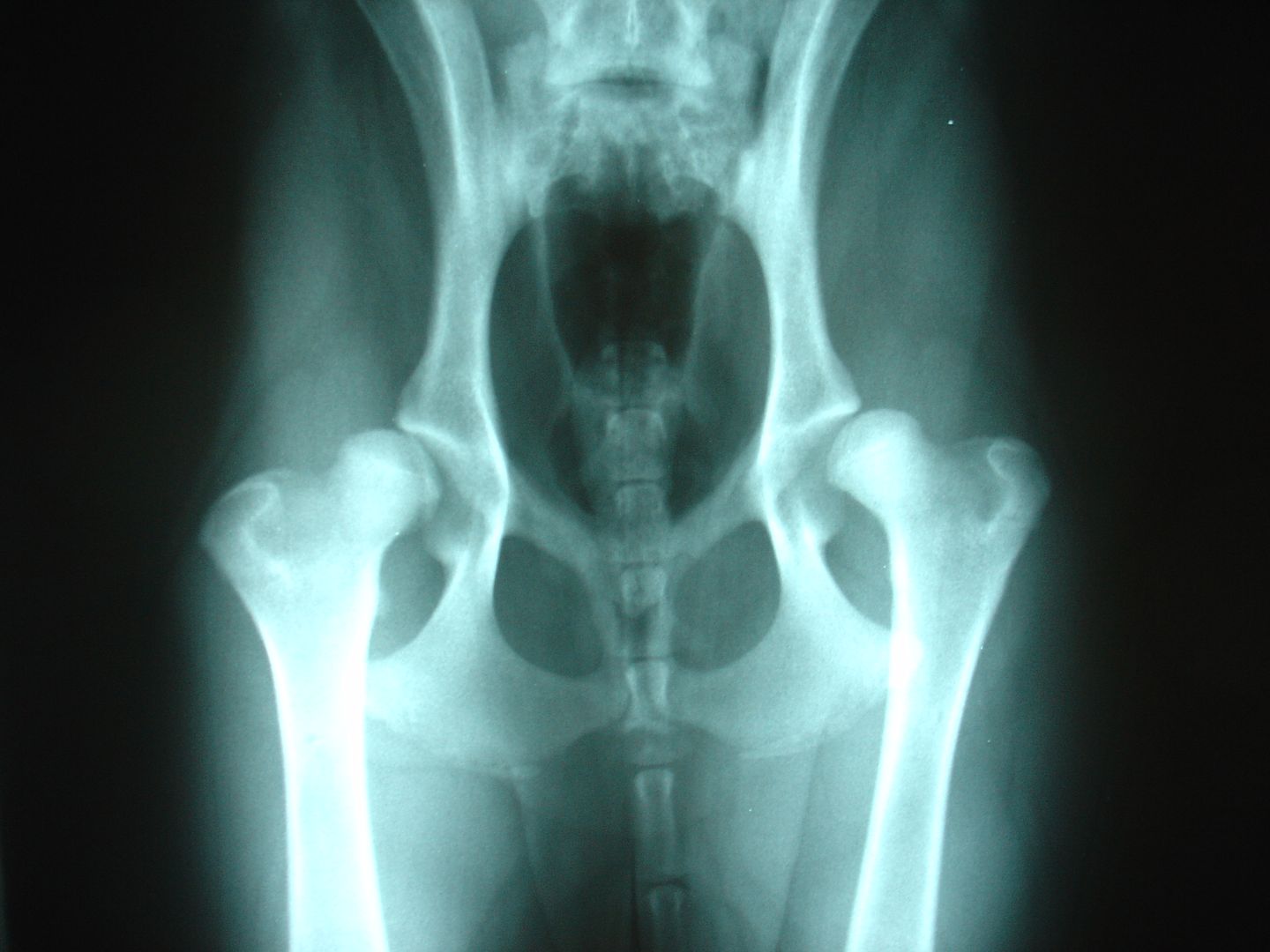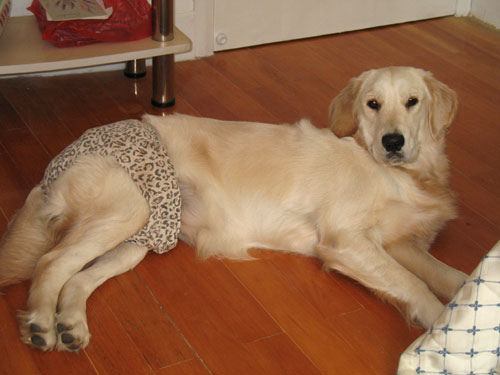With regards to restroom issues in our pets most of us do not immediately think of fecal incontinence. This condition often comes out of nowhere and affects pets of all ages, breeds, and species. Unlike it’s counterpart, urinary incontinence, fecal incontinence is not always seen as a result of old age or declining health. It is commonly noted during seizure episodes or in degenerative myelopathy. In fact more often than not, it seems fecal incontinence is a symptom of another condition, rather than the condition itself. Today I’d like to discuss those cases of fecal incontinence that are not associated with any other disease, rather they stand alone.bowel incontinence

Fecal incontinence is often seen due to any of the following:
- Recent surgical procedure
- Diarrhea or stomach upset
- Old Age (severe arthritis, spondylosis)
- Spinal Cord injuries (tumors, ruptured discs, etc)
- Pelvis Abnormalities

Alternative Therapy for Incontinence
What you may not realize is that more can be done to help your pet. For instance, Dr. Becker notes that almost always, fecal incontinence is a direct result of a miscommunication between the brain and the colon. The nerves in the lumbar region are designed to transmit messages from the colon to the brain when it is time to go outside and go potty. When these nerves are lumbar xraycompromised, so is the communication pathway. What might cause said miscommunication? A structural shift in the lumbar region might! A disc bulge, rupture, pinched nerve, or heavy arthritis in the area of the lower lumbars is often found to directly contribute to fecal incontinence. Thus far in our practice, we’ve seen a number of dogs and cats dealing with unrelenting incontinence with no direct cause. In every single one of them there has been a significant shift in both the lumbar and pelvic region. After these get adjusted, a marked improvement, if not resolution, of the incontinence takes place.

How do you know if this is happening in your pet?
Well, most animals dealing with fecal incontinence will have accidents around the house, will often poop while walking and be completely unaware, and may even expel a nugget or two when getting up from a down position or jumping on furniture. Though it may look like an accident, if this is happening more frequently or seems to have started suddenly, the likelihood is that a miscommunication is happening.
Often times with fecal incontinence, an animal won’t have a clue they’re going to the restroom. They might not even realize what they’ve done until you come home and find the accident. Because the nerves are not functioning as they should, your pet may even go outside thinking he has to go potty, and because of the lag in communication, will end up going inside shortly after being let in. These pets need to be let out more frequently, on a schedule, and given a few extra minutes while they are out to guarantee the communication between colon and brain occurs.

What can you as an owner do? Get your pet to the vet at the beginning of any fecal incontinence. Determine whether this is a symptom of something greater or if this is being caused by a miscommunication occurring between brain and body. Regardless, get your pet to the local animal chiropractor and get them adjusted to help stimulate nerve function and increase nerve firing between the brain and the organs. If you have further questions regarding fecal incontinence or you know someone that might benefit from animal chiropractic, feel free to contact us via email at advancedanimalchiropractic@gmail.com, or by phone at 248 602 0807.

